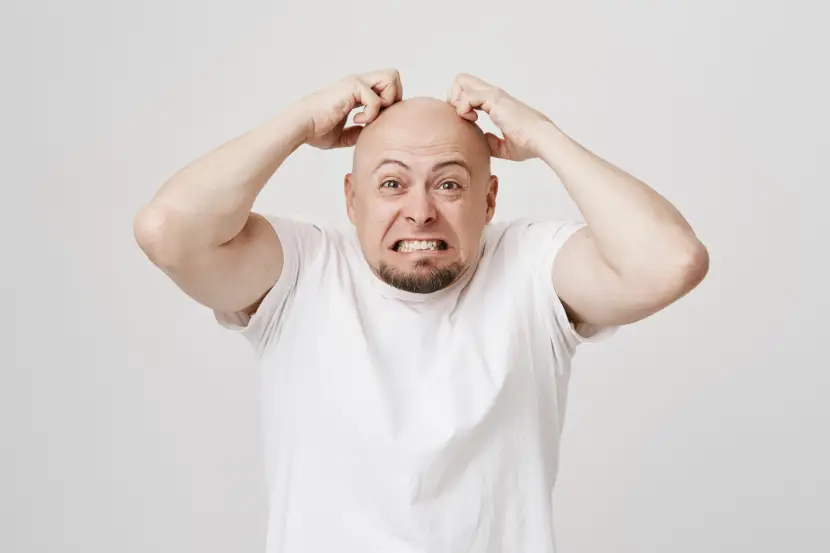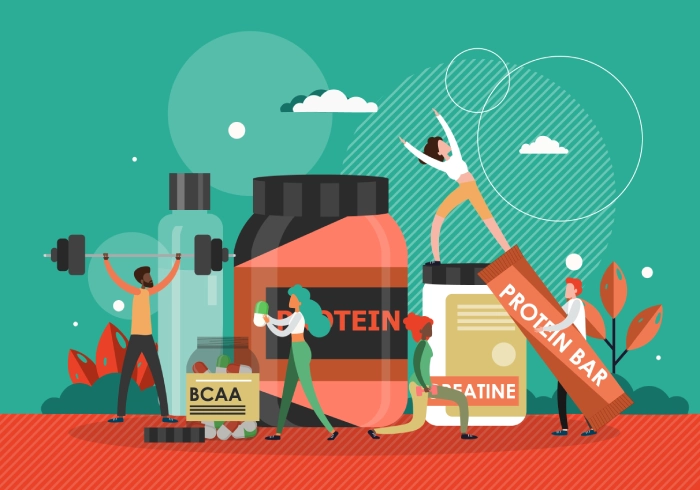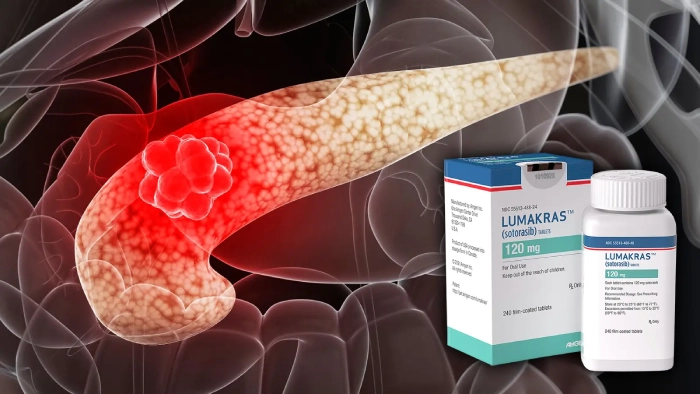Does creatine cause hair loss? This question has been causing considerable concern among fitness enthusiasts and supplement users. As one of the most studied and effective supplements for building muscle and improving athletic performance, creatine’s popularity continues to grow. However, rumors and online discussions linking creatine supplementation to hair loss have left many people wondering about its safety. As a nutrition expert, I’ll examine the scientific evidence behind this concern and help you understand whether your daily scoop of creatine could be affecting your hair health.

Understanding the Creatine and Hair Loss Connection
What Science Really Says
The question of does creatine cause hair loss gained attention after a 2009 study that suggested creatine supplementation might increase dihydrotestosterone (DHT) levels, a hormone linked to male pattern baldness. However, it’s crucial to understand that this single study has several limitations and hasn’t been successfully replicated. When examining what causes hair loss, we need to look at multiple factors rather than jumping to conclusions about a single supplement.
How Creatine Works in Your Body
Before we delve deeper into the hair loss concerns, let’s understand what creatine actually does. Creatine is naturally produced in your body and found in foods like red meat and fish. When you take creatine supplements, whether as traditional powder or newer forms like creatine gummies, it helps produce ATP (adenosine triphosphate), your body’s primary energy source for high-intensity activities.
The Science Behind Hair Loss
Common Hair Loss Causes
Hair loss symptoms and causes are multifaceted, including:
- Genetic predisposition (androgenetic alopecia)
- Hormonal changes
- Nutritional deficiencies
- Stress and lifestyle factors
- Medical conditions
- Certain medications
The DHT Connection
The relationship between creatine and potential hair loss centers around DHT, a hormone that can contribute to male pattern baldness in genetically susceptible individuals. While the previously mentioned study suggested that creatine might increase DHT levels, it’s important to note that:
- The study was small and short-term
- It didn’t actually measure hair loss
- No direct causal relationship was established

Making Informed Decisions About Creatine Use
While the evidence suggesting does creatine cause hair loss remains inconclusive, let’s look at how to make informed decisions about creatine supplementation.
When to Take Creatine
If you decide to use creatine, timing isn’t as crucial as consistency. While there’s ongoing debate about creatine before or after workout timing, research shows that regular daily intake is what matters most. The standard recommendation is 5 grams daily, which can be taken at any time. During the initial loading phase (if you choose to do one), you might take 20 grams daily for 5-7 days, split into smaller doses.
Choosing the Right Creatine
The best creatine form is creatine monohydrate (creatina monohidratada), which has the most scientific backing and is typically the most cost-effective. While there are many forms available on the market, including:
- Micronized creatine
- Creatine hydrochloride
- Buffered creatine
- Liquid creatine
Creatine monohydrate remains the gold standard with hundreds of studies supporting its safety and efficacy.

Evidence-Based Hair Loss Prevention Strategies
Natural Ways to Support Hair Health
Instead of worrying exclusively about whether can creatine cause hair loss, consider focusing on proven strategies to maintain healthy hair:
- Maintain adequate protein intake
- Ensure sufficient iron and biotin levels
- Manage stress levels
- Use gentle hair care practices
- Stay hydrated
- Get regular scalp massages
When to Seek Professional Help
If you’re experiencing significant hair loss, it’s important to consult a healthcare provider, especially if you notice:
- Sudden or patchy hair loss
- Scalp irritation or pain
- Hair loss accompanied by other symptoms
- Family history of early baldness
The Bottom Line on Creatine and Hair Loss
So, does creatine cause hair loss? After examining the available evidence, there’s no conclusive proof that creatine directly causes hair loss. While one study suggested it might increase DHT levels, this finding hasn’t been replicated in subsequent research. The benefits of creatine supplementation – including improved strength, muscle mass, and exercise performance – are well-documented and supported by hundreds of studies.
If you’re concerned about hair loss, remember that multiple factors influence hair health, and focusing on overall wellness is more important than avoiding a single supplement. Consider these key takeaways:
- The link between creatine and hair loss is based on limited evidence
- Genetic predisposition plays a much larger role in hair loss
- Regular creatine use has been shown to be safe for most people
- Individual responses to supplements can vary
Whether you choose to use creatine should depend on your fitness goals, overall health status, and personal comfort level. If you’re particularly concerned about hair loss, consider consulting with a healthcare provider who can evaluate your individual risk factors and help you make an informed decision.
Remember, while supplements like creatine can support your fitness journey, they’re just one piece of the puzzle. Focus on maintaining a balanced diet, regular exercise routine, and healthy lifestyle habits for the best overall results.



